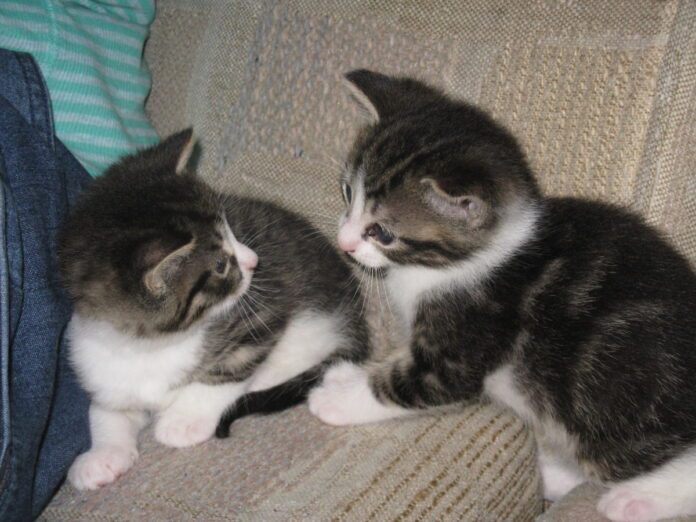Well, we must accept that some fur babies don’t get along with each other. They may not see eye to eye for various reasons; sometimes, the issues can be resolved, while other times it may be next to impossible to get two antagonistic cats to share the same space without getting into fights.
It can be extremely stressful for your felines and the entire household watching the drama. The last thing you want to expect from your fur family is constant threats, brawls, and hurting one another. Being financially prepared to face the consequences is crucial should things go out of control. This is one reason pet insurance for cats becomes essential in a multi-cat household.
Contemplate purchasing the best pet insurance if you haven’t bought a policy for your frisky cats already. In the meantime, read this article to learn common reasons why cats may not get along.
Why do my cats hate one another?
As a cat owner, you should take steps to harness control over situations that seem to get out of hand and teach your feline babies to share the space peacefully. Timely intervention can help stop heated quarrels or at least teach them tolerance. But first, learn why some cats may dislike one another.
1.Under socialization
Petty fights and quarrels can mean that the kitten didn’t receive enough opportunities for fun and safe interaction with other kittens, cats, and animals during its younger years. For instance, suppose you adopted a baby cat, and it grew up to be your only fur kid, then it might not appreciate new additions to the household later in life.
Expect negative behaviors due to abrupt changes in the environment, routine, or family dynamics. At the same time, under-exposure means fewer social skills to tackle changing social situations, so blame yourself for not helping your cat grow into a confident individual, which you had to work on from the kittenhood days.
2.Territorial behavior
Expect fireworks on introducing a new kitty into your household where your inhouse kitty cat has already established its territory. Such an instance will most likely upset your settled cat and make it look for ways to get rid of the new furry competitor and reassert its control over your home.
3.Character clashes
Sometimes the cause of catfights can be the simple reason they might not be compatible. Conflicting personalities are a common cause of cats spewing hatred for one another. For instance, many senior cats find rambunctious young kittens irritating and bothersome. Probably, the young ones remind them of their declining age and energy levels.
4.Unpleasant experiences
Cats that once got along very well may not show the same behavior, especially if one of the felines associates a scary or distasteful experience with another cat.
5.Changing attitudes
As cats mature, their preferences, opinions, and definitions of happiness significantly change. So, it may be just that kittens who once shared common experiences and ideologies have grown into individuals with different attitudes and goals.
Catfights need not always be for a cunning reason; it might be just that the felines may have drifted apart over time. Learn why quarrels occur in the house so you can address them effectively.
At the same time, consider being prepared with pet insurance for cats so the financial implications of unexpected fights among your furry family need not take a toll on your bank account savings. Contemplate purchasing the best pet insurance, so your feline fur babies are comprehensively covered and you can rest financially assured.










